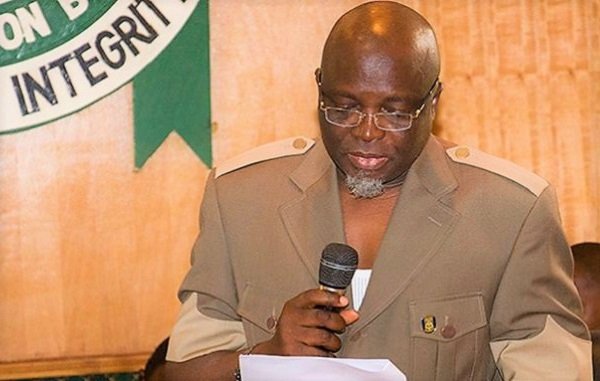Emmanuel Iheanacho, the chairman of the Crude Oil Refiners Association of Nigeria (CORAN), has called for greater investment in the establishment of modular refineries in Nigeria. This move, according to Iheanacho, will significantly improve the country’s oil and gas downstream sector.
In an interview with the News Agency of Nigeria, Iheanacho highlighted the importance of efficient crude oil refining capacity in modular refineries to meet the energy needs of transportation and businesses. He compared Nigeria’s current refinery situation with that of the United States, emphasizing the need for Nigeria to catch up.
“America is a huge country, about one and a half times the population of Nigeria. It has 139 fully functional refineries. Nigeria, on the other hand, has only four refineries that are not working. We have a long way to go,” Iheanacho stated.
He further explained that modular refineries would provide essential energy resources, transportation, and power to industries. Iheanacho urged the government to support the establishment and operation of modular refineries alongside the Dangote Refinery, as the existing government refineries are not functioning optimally.
While commending President Bola Tinubu’s decision to remove the fuel subsidy, Iheanacho criticized the subsidy regime as a total waste that did not benefit the poor masses it was intended to support.
“The subsidy was maintained because the masses were supposed to benefit from cheap transportation as a result of subsidized petroleum products. But the truth is that the poor people did not benefit from it at all,” he said.
Iheanacho acknowledged that the gains of the fuel subsidy removal were not yet fully realized, as pricing and volumes were still being dictated instead of being determined by market forces. He stressed the importance of competition in the marketplace to bring down prices to a sustainable level.
Regarding his own modular refinery project on Tomaro Island in Lagos, Iheanacho revealed that progress had been made, but further financing was needed to commence construction. He called for specialized financing mechanisms to be set up by the Central Bank and guarantees for the availability of crude oil to support these capital-intensive projects.
Iheanacho concluded by advocating for a more strategic approach to matching the government’s share of crude oil with the refining capacity of local refiners. This, he believes, will ensure cheap and sufficient fuel for Nigeria’s economy while opening up opportunities for export to neighboring countries.
In summary, the call for increased investment in modular refineries in Nigeria comes as a clarion call from industry experts like Emmanuel Iheanacho, who believe that these refineries are crucial in enhancing the country’s oil and gas downstream sector. The government’s support, combined with specialized financing mechanisms, will pave the way for the development of a robust and efficient refining industry in Nigeria.



![nigerian banks recapitalisation deadline looms 14 Nigerian banks yet to meet CBN's recapitalization deadline [FULL LIST]](https://mediatalkafrica.com/wp-content/uploads/2026/01/xNigerian-Banks-Recapitalisation-Deadline-Looms-1024x614.jpg.pagespeed.ic.1zyiNKaPkj.jpg)